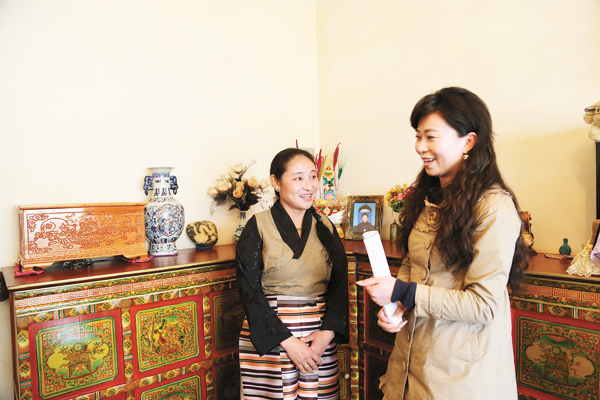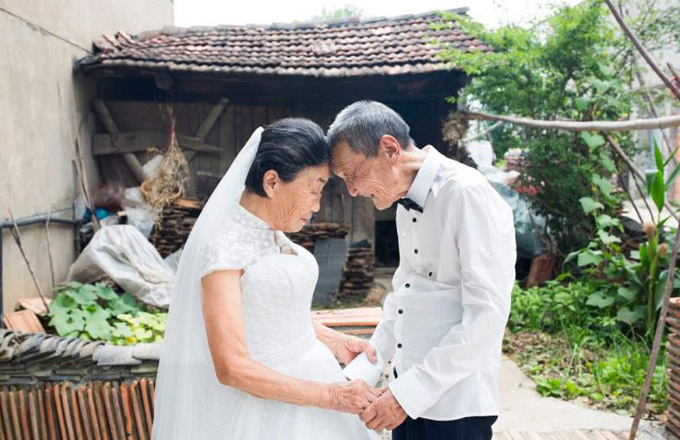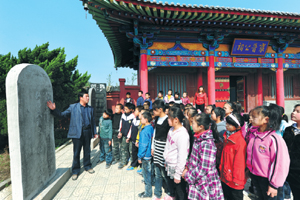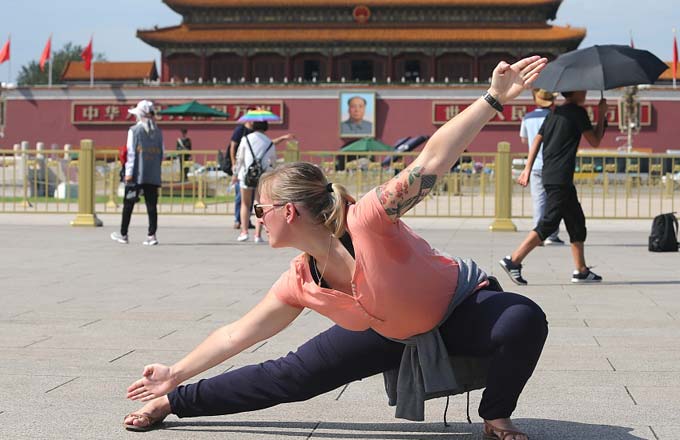Justice, Tibet style
Autonomous region develops unique ways to administer the law, Tang Yue and Wang Huazhong report in Lhasa.
When someone is killed in a traffic accident in China the guilty party usually has to compensate the victim's family, and might even serve a prison term.
But that's not always the case if the accident happens in the Tibet autonomous region.
"Because of their Buddhist beliefs, people in Tibet think there's no need to increase a family's pain when someone's life has already gone. They believe that doing good to others will help their lost loved one to reincarnate," said Dawagyizom, a Lhasa native and lawyer who has worked at the Legal Assistance Center of the Tibet autonomous region for five years.
"That's why you see a lot of fatal traffic accidents resolved more easily here than in other parts of the country."
Compared with people in the more affluent areas of China, many residents of Tibet lack legal awareness, despite the huge progress made in recent decades, said Dawagyizom.
"In Lhasa, it's fine but in a lot of other regions, especially the rural areas, people may resort to other means, rather than seeking a legal solution."
To better help people defend their rights through the process of law, especially those from poverty-stricken areas, the legal assistance center was established in Lhasa in 2001. It now employs more than 120 employees and covers every one of Tibet's 73 counties.
The center not only helps people defend their rights, but has also helped to change traditional views.
One of Dawagyizom's clients is Lhadron, a 34-year-old Lhasa housewife. Her father Palden Tsering fought with Lhadron's stepmother last year, inflicting a slight injury to her leg in the process.
Although the wound was minor, Lhadron's stepmother went to the hospital to have it checked. While at the hospital, the woman became enraged, grabbed a knife and accidentally severed an artery in her leg. She later died of the injury.
"I don't know much about the law. At first, I thought my father would be tried and given a death sentence because my stepmother died. I cried everyday," said Lhadron.
Relatives advised her to seek help from the assistance center. She was seen by Dawagyizom, who collected evidence from witnesses at the hospital that proved the fatal injury was inflicted accidentally and was not a result of the fight between husband and wife.
In addition to consulting a lawyer, Lhadron also spent a long time praying in the hall the family uses for worshipping Buddha.
"I believe Buddha must have helped my father through this troubled time," said Lhadron, after offering incense to a statue of the Buddha.
"But what's different now is that I don't only believe in the blessings of Buddha, but also in the power of the law. In the past, we thought it shameful to go to court."





























